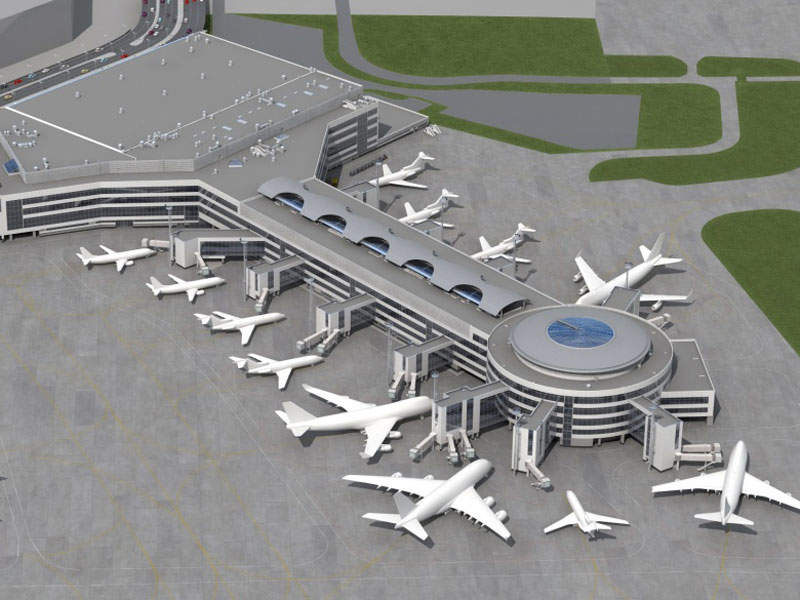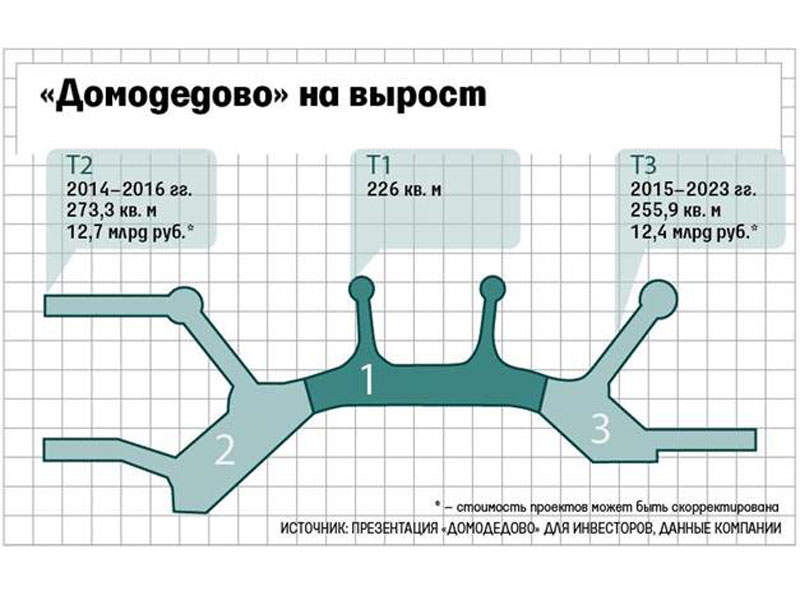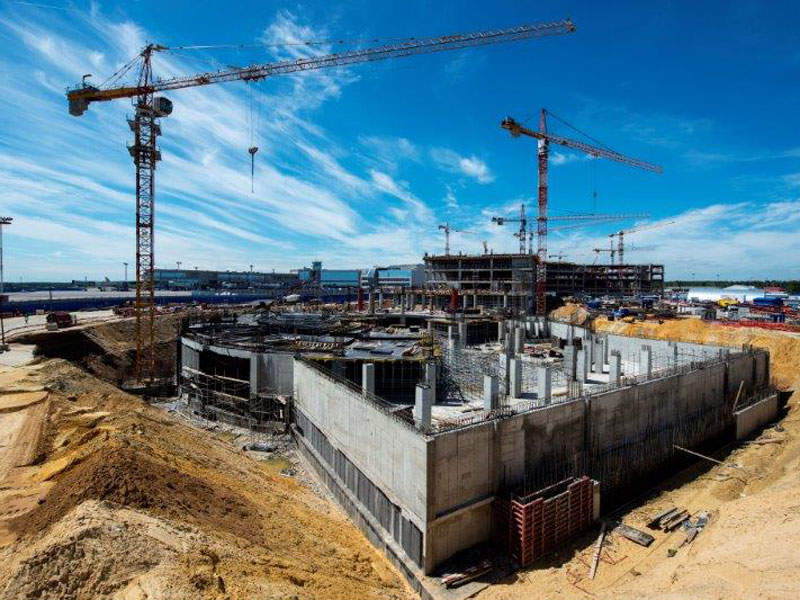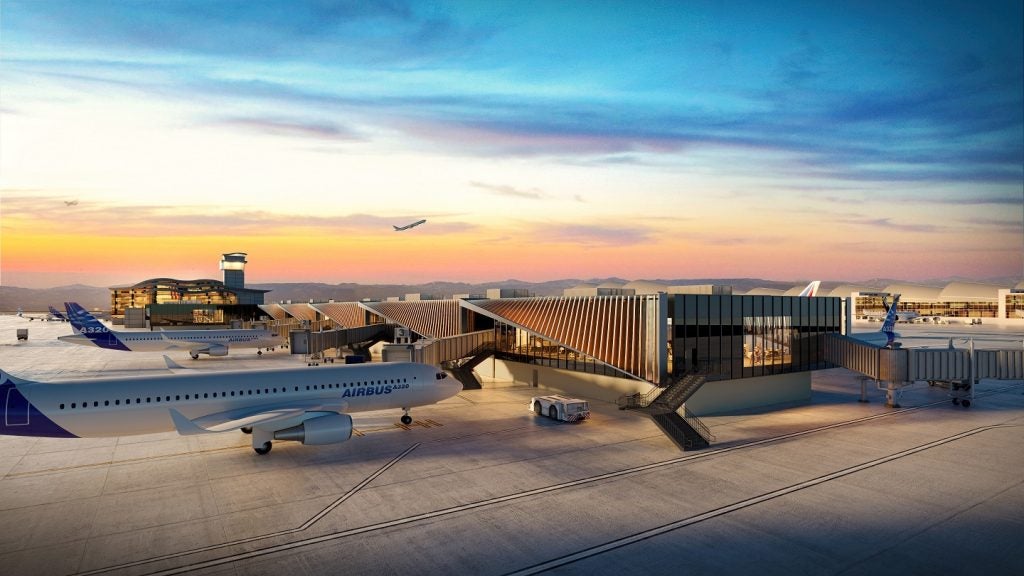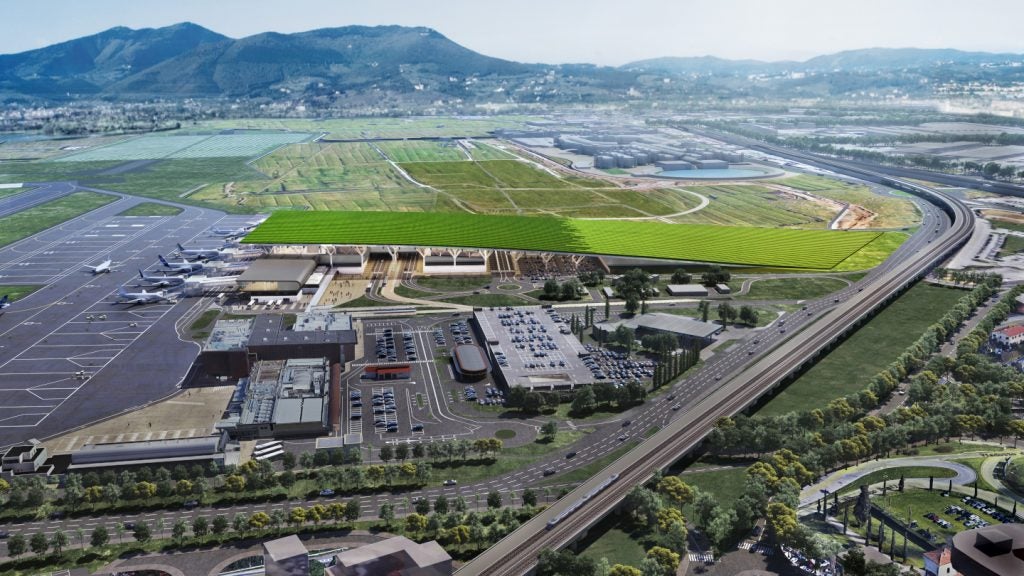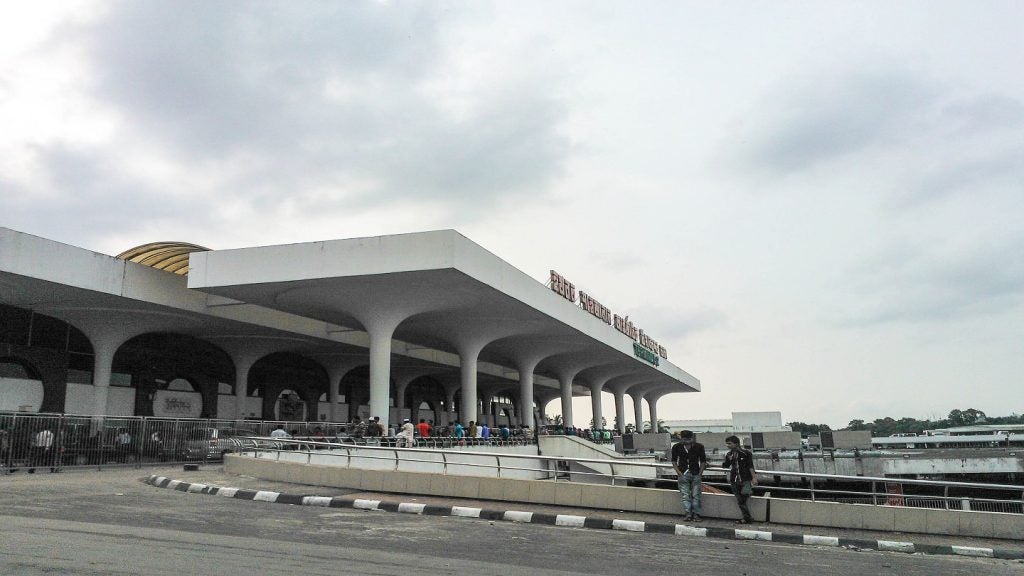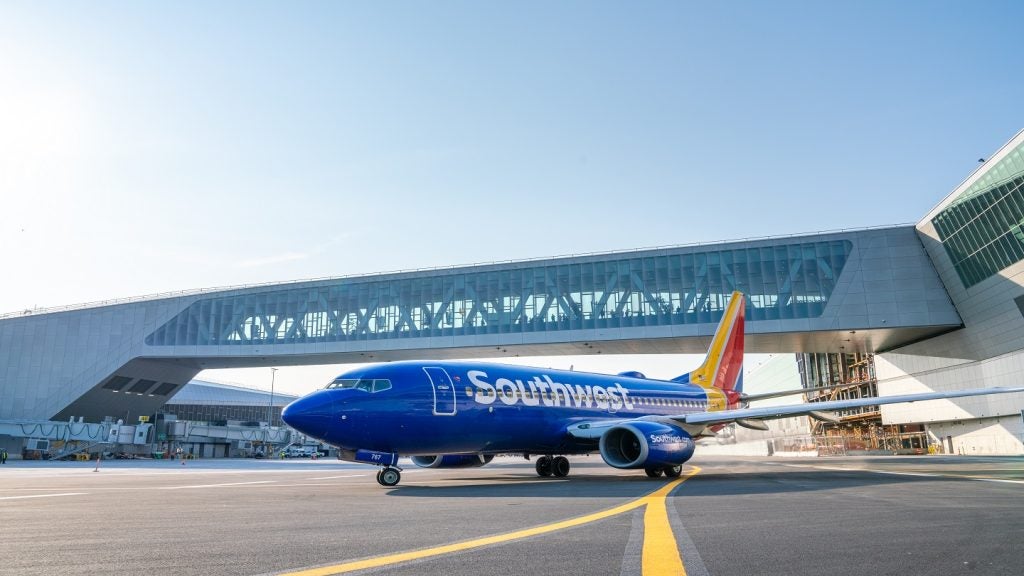Domodedovo International Airport, one of the major airports in Moscow, Russia, opened its Terminal 2 (T2) in June 2018.
T2 was built as part of the airport’s expansion project with an aim of increasing the airport’s annual passenger handling capacity and improving services and amenities available to passengers.
Construction of T2 was initiated in 2015 and concluded in mid-2018. The expansion project doubled the size of the airport’s passenger terminal area, increasing its annual capacity to more than 45 million passengers.
The expansion also attracts more travellers to the country, while securing Domodedovo airport‘s position as a preferred transfer hub for both Asia-Pacific and European Union passengers.
The airport has plans to add Terminal 3 (T3) within the same terminal complex in its third phase of expansion.
Design details of new Terminal 2 at Domodedovo airport
Terminal 2 is designed within the framework of the ‘Under One Roof’ principle, which develops a single terminal complex to improve passenger services and transfers, minimise delays, and avoid conflicting passenger flows.
The new terminal complements the aesthetics of the existing terminal complex. It features a 157,000m² circular glass-domed international flights gallery, as well as business lounges, coffee shops, bars, restaurants and duty-free shops along its perimeter.
Features and facilities in Domodedovo airport terminal 2
Developed to handle international operations, T2 is constructed at the north-eastern part of the airport complex, and is connected to the existing Terminal 1. With a 235,000m² floor area, T2 increased the airport’s total passenger terminal area to 500,000m².
The terminal features seven floors, including two underground levels for arriving and departing passengers, and another level housing service zones for first class, business class and VIP passengers.
T2 offers 100 check-in desks, more than 40 self-check-in kiosks, airline offices, tourist centres, concessions and special zones to serve transferring passengers. It incorporates fully automated control units for utility infrastructure management.
The second development phase involved the construction of a concourse with 19 aircraft parking stands for large passenger aircraft, such as the Airbus A380. The stands feature pop-up pit systems to supply electricity, air conditioning, sewage systems and drinking water pipelines to the aircraft.
Baggage handling systems
The new terminal features innovative baggage handling systems, including Tubtrax 2.0, an individual carrier solution, and Bagstore, which offers more than 1,000 storage spaces.
Capable of processing approximately 5,400 bags an hour, the baggage system also features advanced screening technology, compliant with European Civil Aviation norms, as well as check-in positions and carousels.
Multi-level car parking
A new multi-level car park has been planned close to T2. The nine-level building includes three underground and six above-ground levels, and 3,500 parking spaces. A total of 1,500 spaces are due to be created during the first phase.
The car park is connected to the new terminal through a pedestrian gallery underneath the elevated car road. The addition of the new car park increased the private vehicle parking capacity at the airport to roughly 9,600.
Contractors involved
Russian design consultancy firm Signy Group has been appointed design manager for the T2 project, while the construction contract has been awarded to ANTTEQ, an engineering and construction company.
The baggage handling system for the terminal was supplied by Vanderlande, a Netherlands-based material handling and logistics automation company.
Financing
Terminal 2 was developed at a cost of approximately RUR27bn ($420.6m), while funding for the RUR2.3bn ($35.8) multi-level car park was provided by Raiffeisen Bank International.

